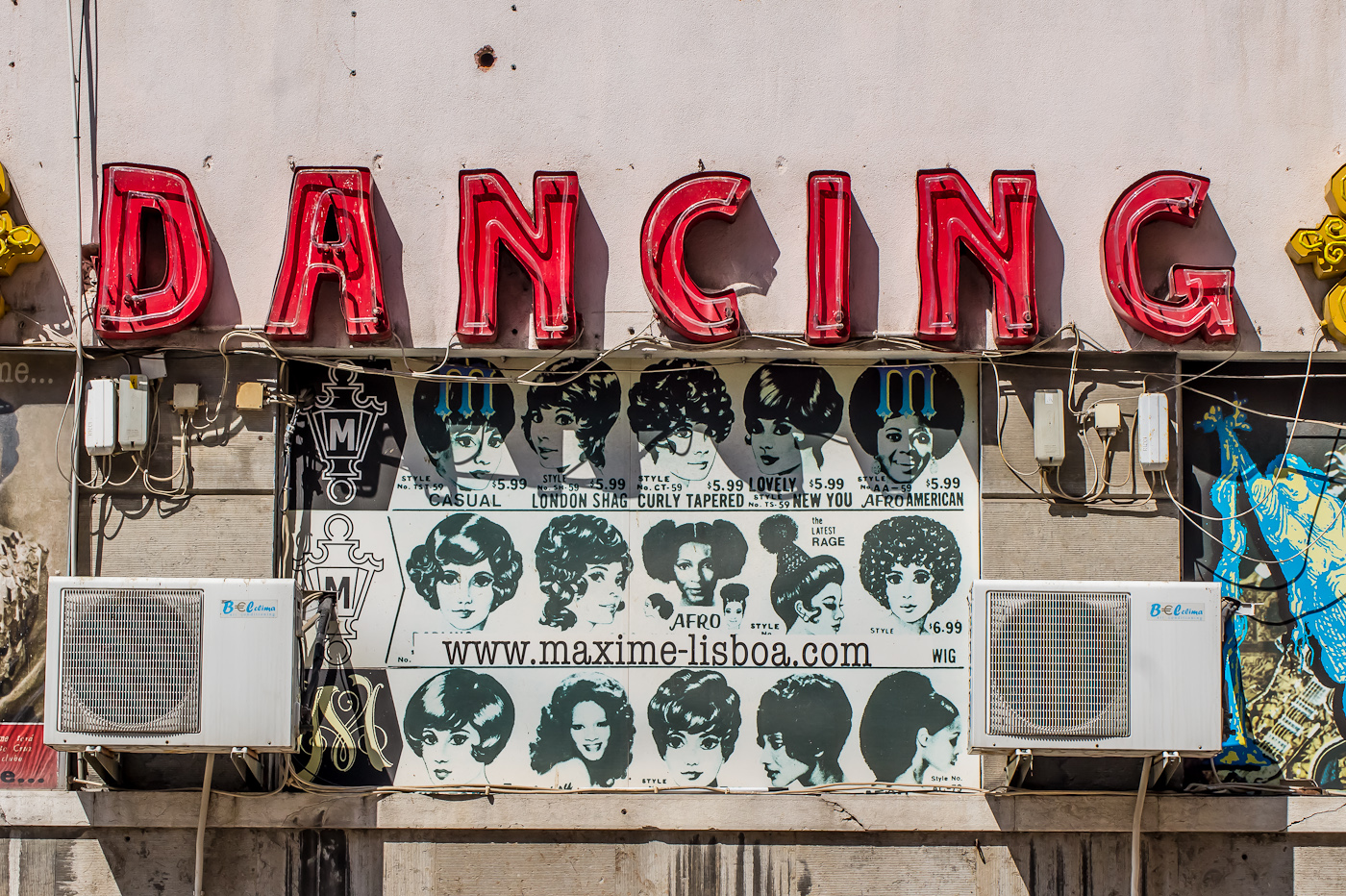Listen below or on Worldwide FM.
Late nights in Lisboa
In our final episode of "Clubbing on the Continent," Africa Is a Country Radio heads to Lisbon, Portugal.

Image credit Ondas de Ruido on Flickr CC
Contrary to the prevailing idea that Portugal lies at the margins due to a disadvantaged economic positioning in the EU, that small country on the Atlantic coast was actually central in the making of modern Europe. That is, it was from ports such as Lisbon that the subjects of the Portuguese Christian kings, only a generation or two removed from the rule of the remains of the Umayaad Caliphate, sailed south hoping to circumvent the trade routes that snaked through the much wealthier and African and Asian kingdoms of the time. On their way to the Indian Ocean, they set up trading posts along the African coast that would eventually turn into outposts for the brutal European expansionism, enslavement, and resource extraction that would define the next 500 years.
It is that centrality to the story of European colonial history, combined with that underdog status in contemporary Europe, that stands out in relief when considering Lisbon’s contemporary cultural stew. Because, after the fall of the Portuguese empire in only 1974, the country is going through a cultural revolution in which the children of the formerly colonized are seizing the identity of a nation and making it in their own image. In that process of re-making, of colonization’s inverse, these children of São Tome, Cabo Verde, Angola, Mozambique, Guinea-Bissau, and Brazil have made Lisbon one of the most exciting cities for Black Atlantic musical experimentation in the world.
The theme for this season of Africa Is a Country Radio is “Clubbing across the Continent” inspired by the Goethe-Institut’s Ten Cities project. In the final episode for the season, we jump over the Mediterranean to see how generations of immigrants from Africa have shaped the music and culture of that city. We talk with one of the co-founders of the seminal Afro-Portuguese electronic music group Buraka Som Sistema, DJ Branko, about his time growing up going to clubs in Lisbon, and about what it means to make Portuguese music in a post-colonial multicultural city.



